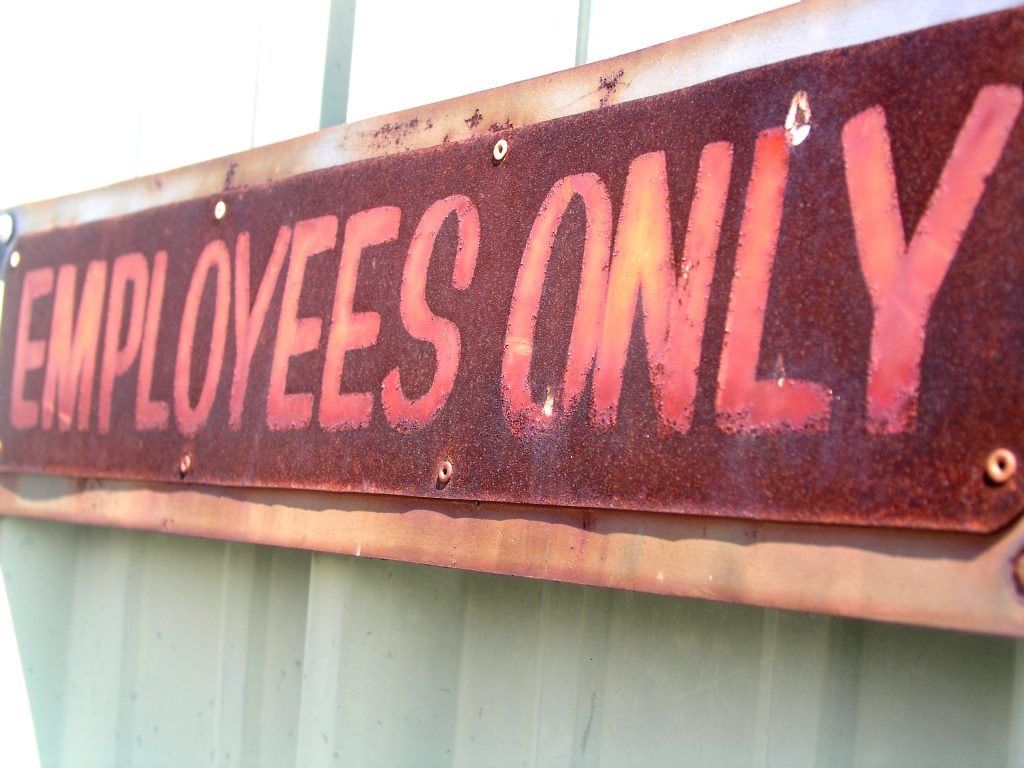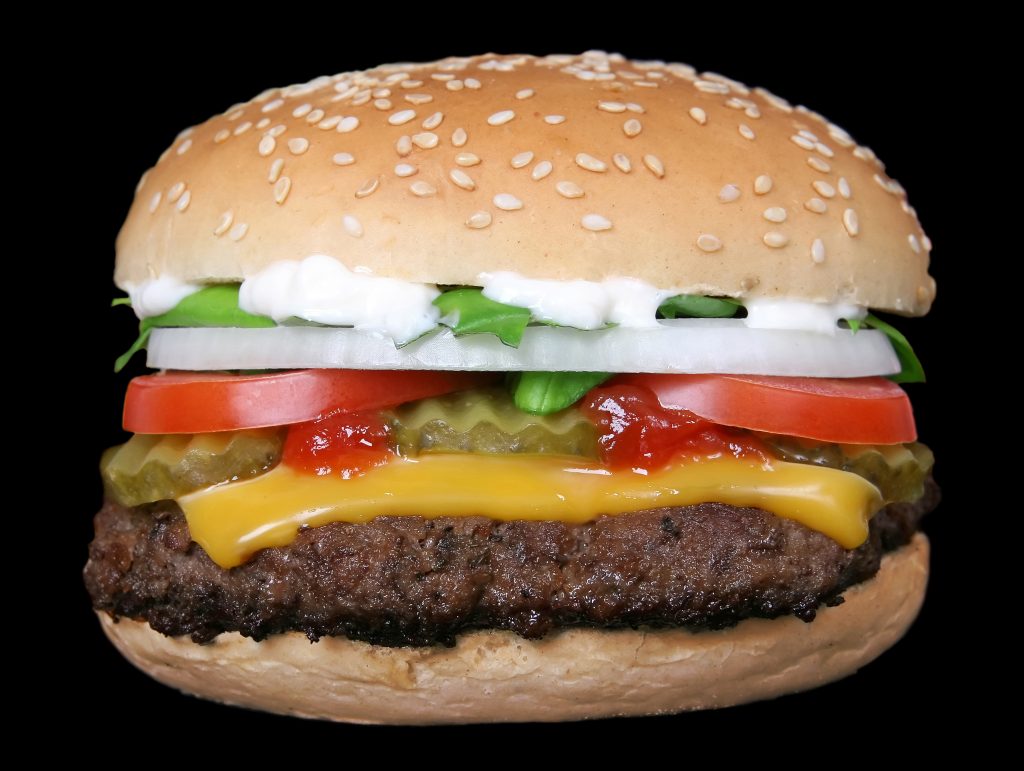
It seems rare in insurance coverage litigation for a court to wholeheartedly agree with an insurer that the coverage requested is not in fact provided for in the contract for insurance. Yet, the U.S. Court of Appeals for the Fifth Circuit did just that, upholding a decision out of the U.S. District Court for the Eastern District of Louisiana finding without question that Bollinger Shipyards, Inc. was not entitled to defense by its insurers in a lawsuit brought against it by the United States.
Bollinger, a shipbuilder headquartered in New Orleans, won a multi-million dollar “Deepwater” modernization contract to upgrade eight (8) 110-foot U.S. Coast Guard cutters to make them 123-foot vessels. Despite the Coast Guard’s concerns that the boat hulls were not able to accommodate the 13-foot extensions, Bollinger pushed forward on the project. On several occasions, Bollinger submitted analyses to the Coast Guard purporting to show that the hull strength was sufficient. In reality, the hull strength was not sufficient which became apparent when one of the ships “suffered a structural casualty that included buckling of the hull.” The Coast Guard determined that the seven remaining ships were equally faulty and unusable.
Eventually, the United States filed a lawsuit against Bollinger over the faulty work. The Court allowed the United States to move forward with two claims under the False Claims Act. Days prior to the government’s filing, Bollinger notified its general maritime insurer, XL Speciality Insurance Company, and its excess insurer, Continental Insurance Company, of the impending claims in an effort to shift the burden of the expense of the defense to the insurers. In response, XL issued a “reservation of rights” letter stating that it was unsure if Bollinger’s policy included this coverage.
 Louisiana Personal Injury Lawyer Blog
Louisiana Personal Injury Lawyer Blog





 You are driving down a highway in Louisiana minding your own business when all of the sudden an eighteen wheeler pulls out of nowhere. BAM, you slam into the side of it, your back aches, your car is wrecked and now you are involved in a lawsuit. Who is at fault for this unfortunate circumstance? While this might seem like a no brainer many times great car accident lawyers will argue that the driver who was just driving down the road somehow caused the accident. The following case out of Port Allen, Louisiana demonstrates how the Courts assess liability when accidents happen between cars traveling down the highway and those that are entering into the highway.
You are driving down a highway in Louisiana minding your own business when all of the sudden an eighteen wheeler pulls out of nowhere. BAM, you slam into the side of it, your back aches, your car is wrecked and now you are involved in a lawsuit. Who is at fault for this unfortunate circumstance? While this might seem like a no brainer many times great car accident lawyers will argue that the driver who was just driving down the road somehow caused the accident. The following case out of Port Allen, Louisiana demonstrates how the Courts assess liability when accidents happen between cars traveling down the highway and those that are entering into the highway.


 In Louisiana, employers are considered to be vicariously liable for the wrongdoings of their employees.
In Louisiana, employers are considered to be vicariously liable for the wrongdoings of their employees.  When land is expropriated by the government, there are many questions concerning how much money the government will owe you. Courts consider factors such as the appraised value of the property, relocation costs, inconvenience, and other possible damages. See
When land is expropriated by the government, there are many questions concerning how much money the government will owe you. Courts consider factors such as the appraised value of the property, relocation costs, inconvenience, and other possible damages. See